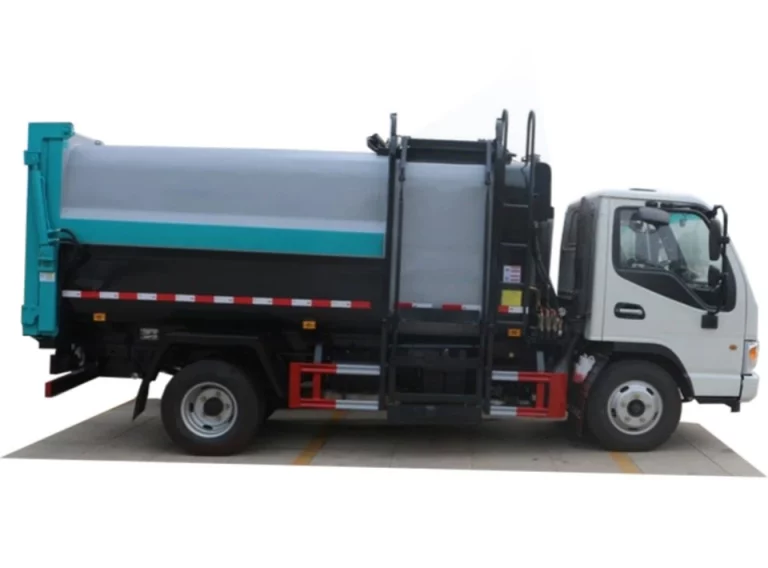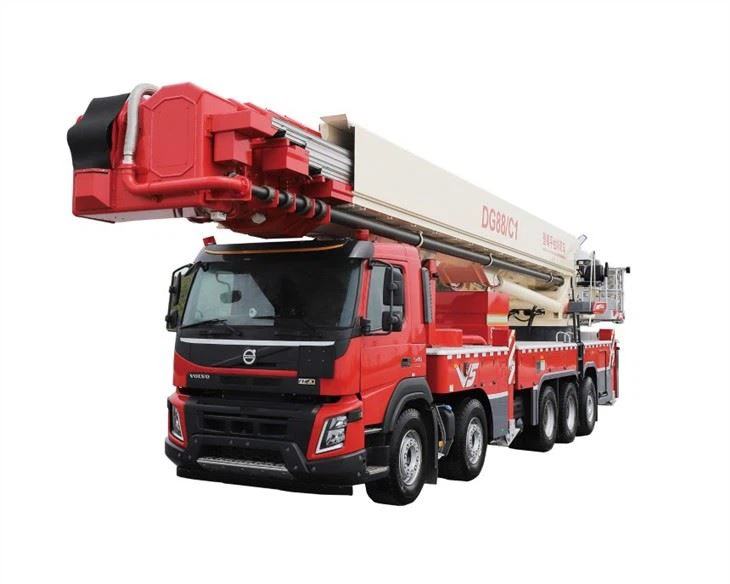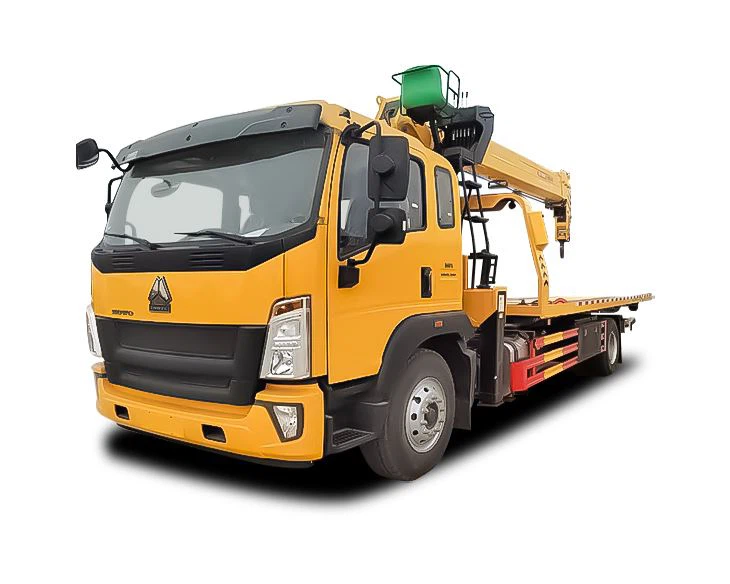Introduction
In an era where cleanliness is paramount, the demand for effective waste management solutions has surged. Among these, trash can cleaning trailers have emerged as indispensable tools for both businesses and homeowners. These mobile units are designed to provide an efficient, thorough clean for trash cans, reducing odors and preventing bacterial growth. This article explores every aspect of trash can cleaning trailers, from their importance and working mechanisms to selected models, maintenance tips, and frequently asked questions.
1. What is a Trash Can Cleaning Trailer?
A trash can cleaning trailer is a specialized mobile unit equipped with tools and technology to clean trash cans efficiently. Designed primarily for commercial use, these trailers can also be utilized by homeowners or small businesses to maintain cleanliness standards. They often include pressure washers, hot water tanks, and specialized brushes to ensure a deep clean.
1.1 Features of a Trash Can Cleaning Trailer
- Pressure Washer: High-pressure systems for effective cleaning.
- Water Tank: Stores clean water for washing and rinsing.
- Heating System: Heats water for enhanced cleaning power.
- Waste Tank: Collects dirty water post-cleaning to prevent spillage.
2. Importance of Cleaning Trash Cans
Cleaning trash cans might seem like a mundane task, but it comes with significant importance in both homes and businesses.
2.1 Health Benefits
Dirty trash cans are a breeding ground for harmful bacteria and foul odors. Regular cleaning minimizes these health risks.
2.2 Odor Control
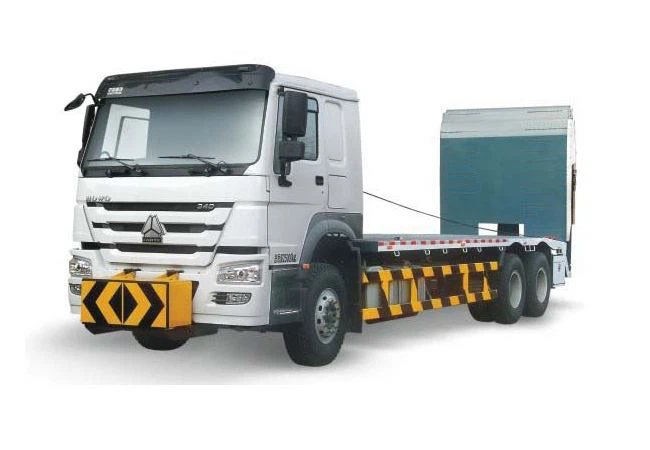
Unclean trash cans emit unpleasant odors that can permeate living and working spaces. Trash can cleaning trailers help mitigate these issues effectively.
2.3 Aesthetic Appeal
Clean trash cans contribute positively to the overall visual aesthetic of your property, improving its curb appeal.
3. How a Trash Can Cleaning Trailer Works
The mechanics behind trash can cleaning trailers can be broken down into a few simple steps:
3.1 Setup
Place the trailer near the location of the trash cans to minimize transport distance.
3.2 Pre-Cleaning Inspection
Inspect the trash cans for any visible damage or structural issues.
3.3 Cleaning Process
- Fill the pressure washer with hot water.
- Use specialized attachments to scrub and spray the interior of the trash can.
- Rinse thoroughly until clean water flows from the trash can.
3.4 Waste Disposal
Ensure that all dirty water is collected into the waste tank for environmental compliance.
4. Choosing the Right Trash Can Cleaning Trailer
When selecting a trash can cleaning trailer, various factors should be taken into consideration:
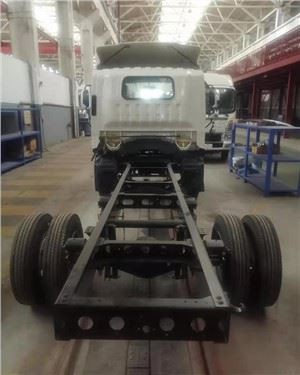
4.1 Size and Capacity
Select a trailer that fits your cleaning needs, whether for residential or commercial use.
4.2 Equipment Features
Look for trailers equipped with quality pressure washers, sufficient water storage, and effective waste disposal systems.
4.3 Brand Reliability
Research brands and their customer service records to ensure you get a dependable unit.
5. Popular Models of Trash Can Cleaning Trailers
Here, we review some of the leading models available in the market:
| Model | Features | Price |
|---|---|---|
| CleanSpace 2000 | High-pressure hot water system, 300-gallon capacity | $15,000 |
| Squeaky Clean Trailer | Dual tank system, Eco-friendly cleaning solution | $12,500 |
| Trash Genie Pro | Mobile app for scheduling, built-in vacuum system | $18,000 |
6. Maintenance Tips for Trash Can Cleaning Trailers
Maintaining your trash can cleaning trailer is crucial for ensuring longevity and effectiveness:
6.1 Regular Inspection
Inspect hoses, tanks, and pumps regularly for wear and tear.
6.2 Clean the Equipment
After every use, ensure that the equipment is rinsed off to prevent buildup.
6.3 Schedule Professional Maintenance
Consider scheduling annual professional maintenance checks for thorough cleanings and repairs.
7. Practical Tips for Effective Trash Can Cleaning
Implement these tips for an efficient cleaning process:
7.1 Choose the Right Cleaning Solution
Using environmentally friendly cleaning solutions can enhance effectiveness without harmful side effects.
7.2 Maintain a Cleaning Schedule
Establish a regular cleaning routine to reduce buildup and odors significantly.
7.3 Use Protective Gear
Always wear gloves and masks when handling dirty trash cans to protect yourself from germs and odors.
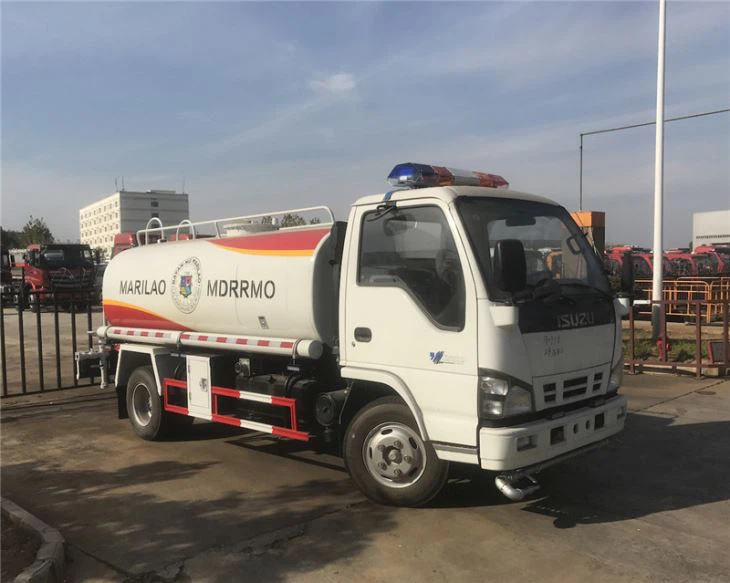
8. Cost Considerations for Trash Can Cleaning Services
The cost for trash can cleaning services can vary widely based on various factors:
8.1 Service Types
Some companies offer one-time cleanings, while others provide subscription services for regular maintenance.
8.2 Geographic Location
Prices can fluctuate significantly based on the local cost of living and competition in the area.
8.3 Size and Number of Trash Cans
Expect to pay more for larger trash cans or a greater number of cans requiring service.
9. Frequently Asked Questions (FAQ)
9.1 How often should I clean my trash cans?
It is recommended to clean trash cans every 4 to 6 weeks, especially during warmer months when odors can intensify.
9.2 Can I use my pressure washer for cleaning trash cans?
Yes, but be sure to set your pressure washer to a low pressure to prevent damage to the bins.
9.3 Are trash can cleaning trailers environmentally friendly?
Many trailers use eco-friendly cleaning solutions and control wastewater runoff, making them a sustainable choice.
9.4 What are the signs that my trash can needs cleaning?
Signs include visible grime, unpleasant odors, or the presence of pests like flies.
9.5 Do I need a license to operate a trash can cleaning trailer?
Depending on local regulations, you may require a business license or specific permits to operate a cleaning service.
9.6 Can I rent a trash can cleaning trailer?
Yes, many companies offer rentals for trash can cleaning trailers for both short and long-term use.
